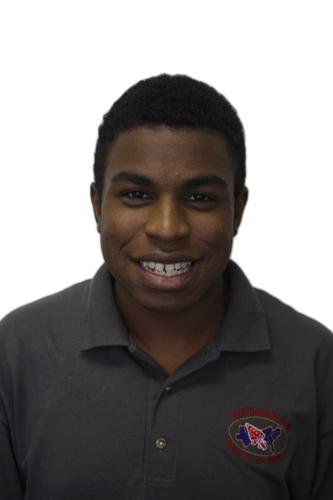Those who can, do; those who can’t, teach.
I grew up hearing that demeaning phrase, and I’ve never understood why it was so popular. I’ve often wondered, “Why is there a lack of respect for our nation’s educators?”
In part, I believe the respect deficiency stems from a lack of understanding concerning a teacher’s responsibility. Teachers must cater to other people’s children, which can be difficult, including children who have different behavioral issues, education levels and socio-economic backgrounds. They must be patient with students and their (sometimes difficult) parents.
But a teacher’s role is the primary reason why greater respect is needed. Some of society’s greatest challenges — poverty, crime and drug use — can be diminished by education. In 2007 the Children’s Defense Fund reported that “attainment of a high school diploma is the single most effective preventive strategy against adult poverty.” William Schweke, author of “Smart Money: Education and Economic Development,” writes that prevention is almost always cheaper than treatment. The individuals who have the influence to mollify our common social problems are our teachers.
Teachers are in a unique position. They impact the lives of our nation’s most vulnerable citizens daily. Teachers are the second line of defense — second only to parents — in a child’s life. Beyond instruction, teachers serve as mentors, disciplinarians and pseudo-parents for their students. In these roles, they give children hope. They help them believe that they can improve and “be somebody.” Teachers seek to ingrain in our nation’s children the understanding that a good education is a necessary tool in order to become successful.
My aunt, Sonja Butler, who recently passed away, stressed the importance of an education to her students. She was a passionate elementary school social worker for her entire career. My aunt worked at schools where children were most in need of a caring mentor, tirelessly trying to save our city’s children – the next generation. During her funeral service, the principal of Maggiore Senior Elementary School spoke adoringly of the impact my aunt had on the school’s student body. She helped many kids get on the right track. Simply put, my aunt changed countless lives. For that reason, the principal announced that the school will be naming one of its buildings in her honor. This is a beautiful way to recognize the deeds of a good educator.
While we can’t name buildings after all of our teachers, there are other ways that we can demonstrate our respect for them. “Thank you” notes and expressing appreciation are simple, easy, meaningful gestures.
We could also change our attitudes. Teaching is considered the “Most Honorable Profession” in Finland; they’re called “nation builders” in South Korea. This is the attitude all Americans should have about our nation’s educators. It should be said that: Those who can, teach; those who can’t, do.
Dwayne Fontenette is a mass communication junior. He can be reached at [email protected]








